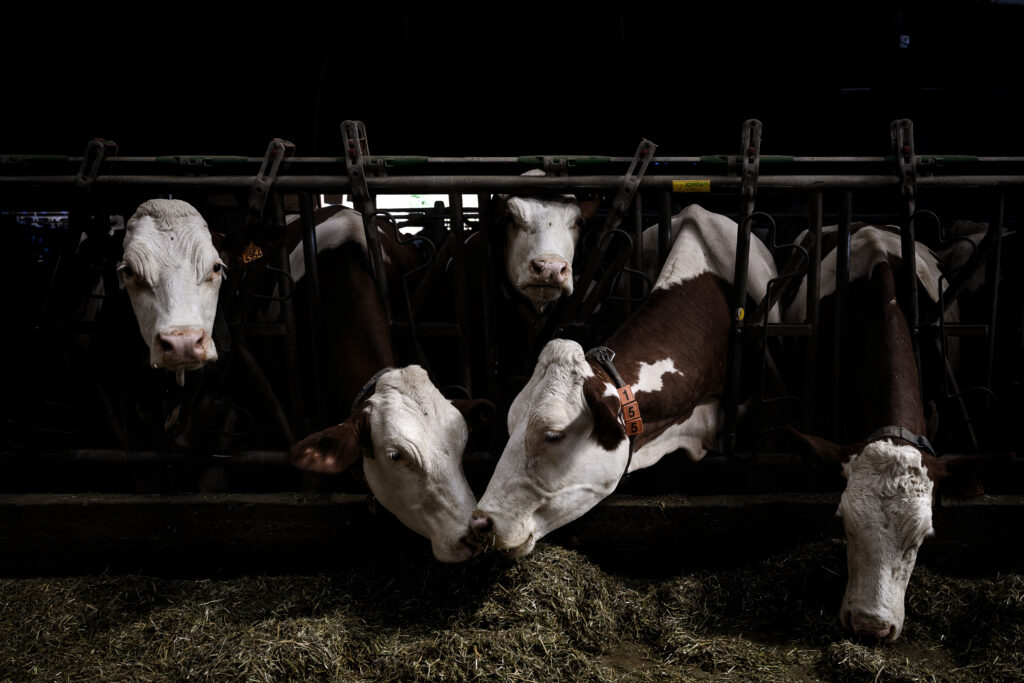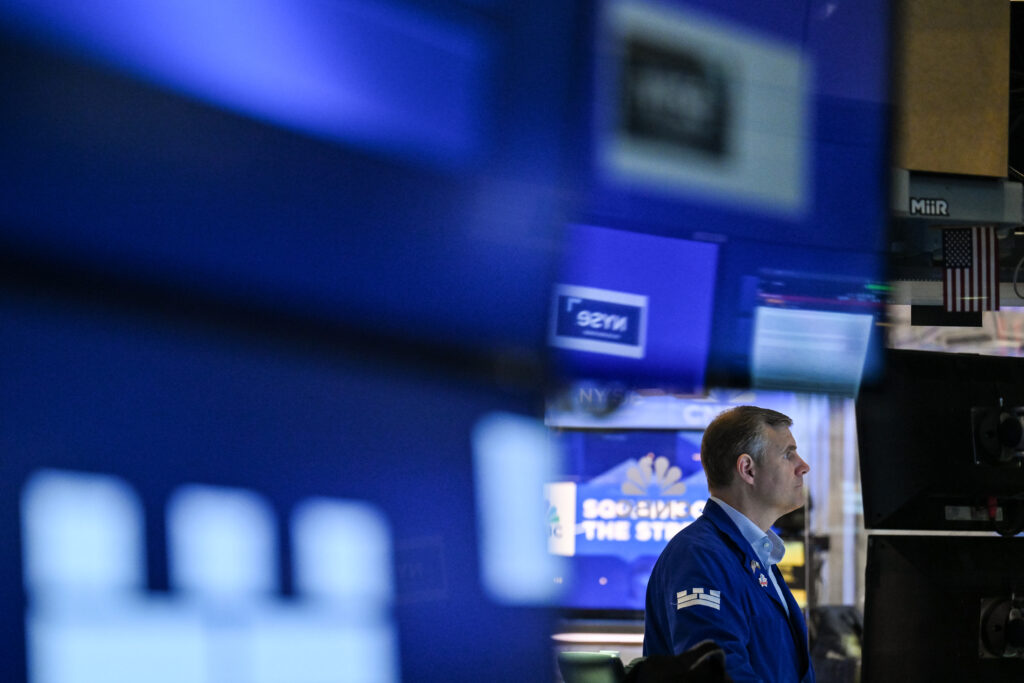Début de retrait de l’armée de la ville syrienne de Soueida après des combats meurtriers
Les autorités syriennes ont annoncé mercredi le début du retrait de leurs forces de la région méridionale de Soueida, meurtrie par des violences communautaires meurtrières, après un appel en ce sens des Etats-Unis.Le début du retrait a été annoncé après un communiqué du ministère de l’Intérieur faisant état de la conclusion d’un accord de cessez-le-feu, prévoyant notamment “un arrêt total et immédiat de toutes les opérations militaires”.Le secrétaire d’Etat américain Marco Rubio a annoncé “un accord sur des mesures spécifiques qui permettront de mettre fin à cette situation troublante et terrifiante dès ce soir” en Syrie, disant attendre à présent que “toutes les parties tiennent leurs engagements”.Israël a de nouveau bombardé des cibles du pouvoir en Syrie et menacé d’intensifier ses frappes si les forces syriennes ne quittaient pas la région à majorité druze de Soueida, où les violences ont fait en trois jours plus de 300 morts selon une ONG. Les combats entre des tribus bédouines sunnites et des combattants druzes ont éclaté dimanche dans la province de Soueida après l’enlèvement d’un marchand de légumes druze, selon cette ONG, l’Observatoire syrien des droits de l’homme (OSDH).Les forces gouvernementales et des groupes alliés se sont déployés mardi dans la ville de Soueida, jusque-là tenue par des combattants de la communauté druze, une minorité ésotérique issue de l’islam. Mais selon l’OSDH et des témoins, ils ont combattu au côté des tribus bédouines et exécuté des civils.”Les forces de l’armée syrienne ont commencé à se retirer de la ville de Soueida en application des termes d’un accord (de cessez-le-feu) conclu après la fin des opérations de ratissage contre les groupes hors-la-loi”, a indiqué le ministère syrien de la Défense dans un communiqué. Il n’a pas fait mention du retrait d’autres forces relevant du pouvoir déployées dans la ville.Plus tôt, le département d’Etat a appelé le gouvernement syrien à quitter la zone de conflit afin d’apaiser les tensions avec Israël.”Nous demandons au gouvernement syrien de retirer son armée afin de permettre à toutes les parties de désamorcer la situation”, a-t-elle déclaré, se refusant à dire si les Etats-Unis avaient demandé à leur allié israélien de cesser ses frappes en Syrie.- Frappes israéliennes -Mercredi, l’armée israélienne a mené des frappes sur le QG de l’armée à Damas et sur une “cible militaire” dans la zone du palais présidentiel. Les autorités syriennes ont fait état de trois morts.Des frappes ont aussi visé près de Damas “les environs de l’aéroport militaire de Mazzé”, selon les autorités syriennes. D’autres ont ciblé notamment Soueida et l’autoroute Damas-Deraa, d’après l’agence Sana.Le chef d’état-major israélien Eyal Zamir a affirmé que son armée agissait “avec retenue” en Syrie, après que le pouvoir syrien a dénoncé “l’escalade dangereuse d’Israël”.Israël, qui assure vouloir protéger la communauté druze, affirme qu’il ne permettra pas une présence militaire dans le sud de la Syrie, près de sa frontière, et considère avec méfiance le pouvoir islamiste syrien.Le ministre de la Défense, Israël Katz, a assuré que l’armée frapperait “avec force” “pour éliminer les forces qui ont attaqué les druzes, jusqu’à leur retrait complet” et exigé du pouvoir syrien qu’il “laisse tranquilles” les druzes. Israël, qui occupe une partie du plateau syrien du Golan depuis 1967, affirme qu’il ne permettra pas de présence militaire dans le sud de la Syrie, près de sa frontière.- “Punir” -“Je suis au cœur de la ville de Soueida (…) Il n’y a aucune possibilité de fuir”, a affirmé dans la journée à l’AFP un habitant joint par téléphone, qui n’a pas dévoilé son identité. “S’ils arrivent ici, je suis mort.”Un correspondant de l’AFP a vu le matin une trentaine de corps gisant par terre, certains de membres des forces gouvernementales et d’autres de combattants en civil.Le ministère de la Défense avait affirmé que “des groupes hors-la-loi avaient attaqué les forces armées à Soueida” et que celles-ci ripostaient.Selon l’OSDH, plus de 300 personnes ont été tuées depuis le début des combats dimanche, en majorité des combattants des deux bords ainsi que 28 civils druzes, dont “21 exécutés sommairement” par les forces gouvernementales.La présidence syrienne s’est engagée à “punir” les auteurs d’exactions.Cette province abrite la plus importante communauté druze du pays, une communauté qui comptait quelque 700.000 membres en Syrie avant la guerre civile, et est aussi implantée au Liban et en Israël.Ces violences illustrent les défis auxquels fait face le pouvoir Chareh depuis qu’il a renversé, avec une coalition de groupes rebelles islamistes sunnites, le président Bachar al-Assad en décembre, dans un pays meurtri par près de 14 ans de guerre civile.







